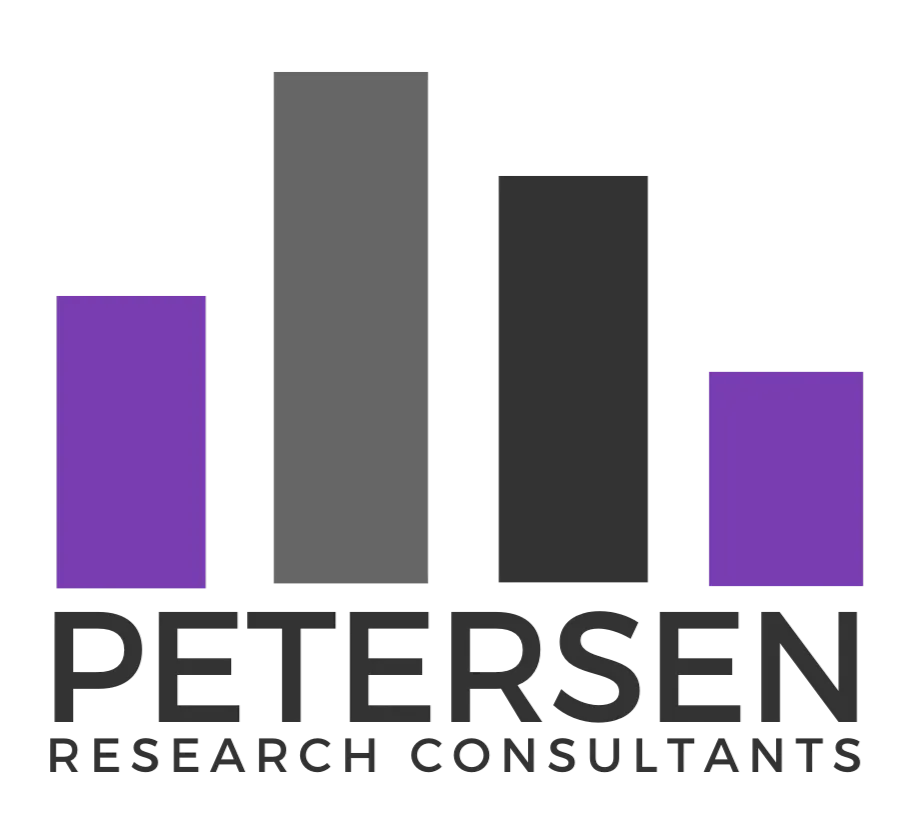
Blog

Stop Collecting Data
Get ready for something your evaluator and your funder will rarely say to you...stop collecting data. Not all of it....but that stuff over there that you aren't sure what to do with? Stop.
As an evaluator, I almost always have a use for additional data to help nonprofits define and measure their impact. But what tends to happen over time is that you collect data for a grant, then add more for the next grant, then add more so you can common metrics with collaborating organizations, then your intern helps add in a survey you think might be helpful, and the next thing you know, your intake packet is 6 pages long but you still feel like you can't answer the questions that you most need to know.
Data are only as useful as the information and knowledge that comes from them.
Data vs information? Aren't those the same thing? No. Data are raw, unorganized or unanalyzed, singular elements about a person, process, etc. (ne piece of data is called a 'datum' if you really want to be fancy). Five feet 2 inches is one piece of data. What does it tell you? Nothing. Information is the meaning making behind the data. Information is the data plus context, organized in a meaningful way. Telling you my height is 5 feet 2 inches is information. It makes just the raw number more useful and informative. Knowledge is pulling information together in a way that is usable. Telling you the average height of a WNBA player is 6 feet even and I'm 5'2" allows you to see that my changes of playing in the WNBA aren't biologically favored.
Similarly in an example nonprofit, a depression screener that's part of an intake packet contains data. If you use that screener to flag for clients who may need additional resources, it is information. If you can report on the prevalence of depression symptoms in your clients and use that to direct funding or programming, then it's knowledge.
What if you're collecting data but not using it?
Then. Stop. Collecting. It.
Seriously. It's additional stress for you, your staff, your data systems, and most importantly, your clients. People get fatigued answering too many questions or providing too much information. It may create a barrier that makes clients less likely to come in for services or more resistant to build trust with your org. If it isn't useful for your work with that participant, your decisions in the program or the organization more broadly, or required by a funder, get rid of it. Don't torture yourself or your clients with things that aren't adding value to them or you.
Published February 1, 2021
PETERSENRESEARCHCONSULTANTS.COM - ALL RIGHTS RESERVED - TERMS & CONDITIONS
